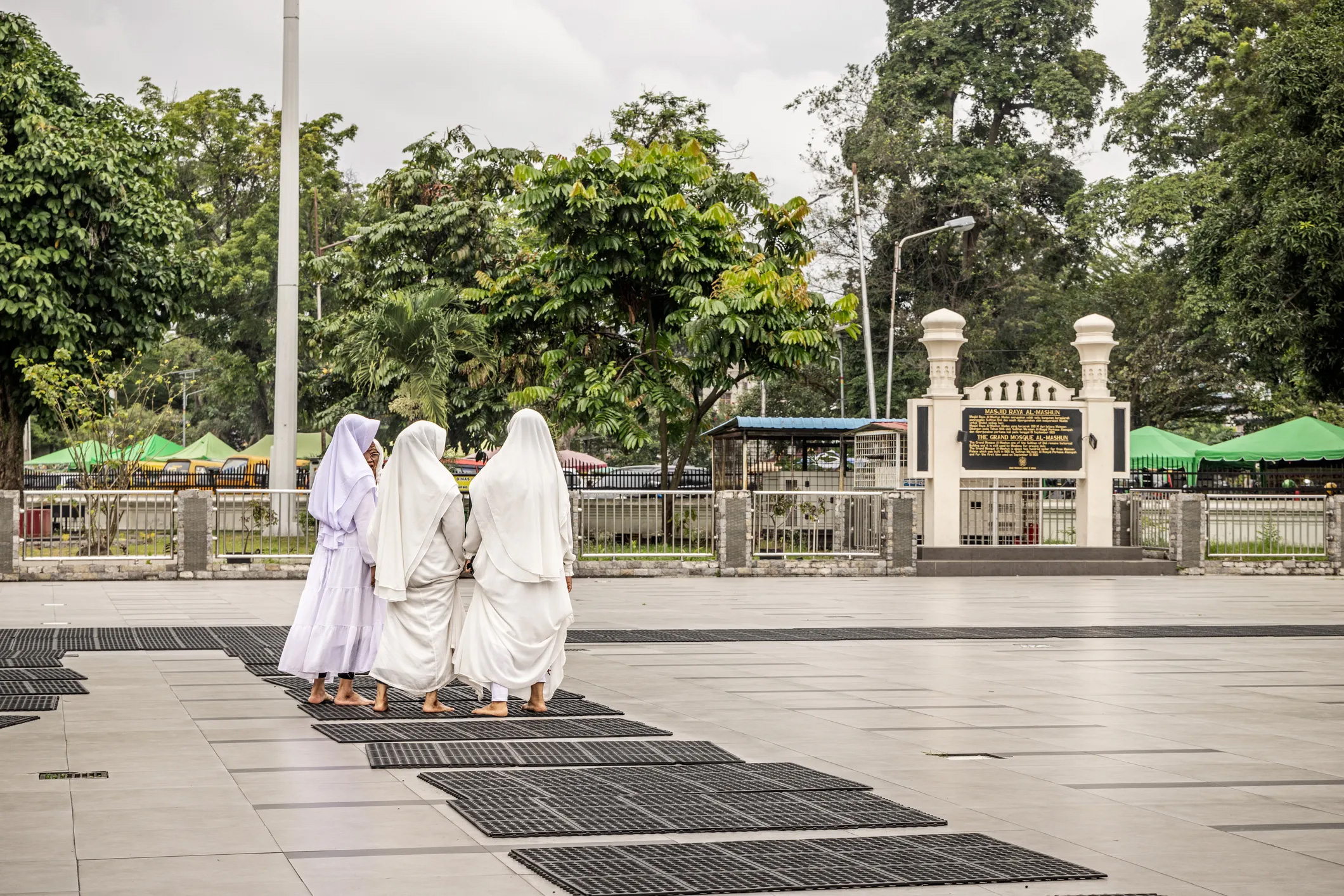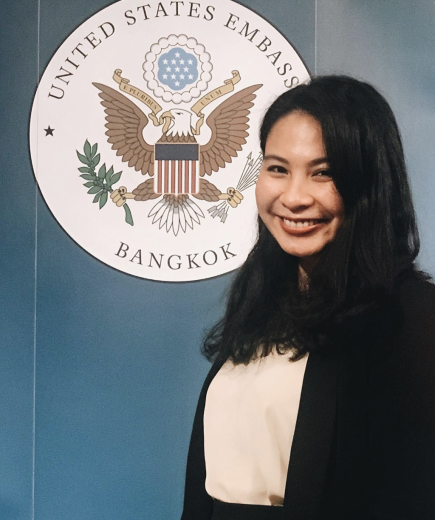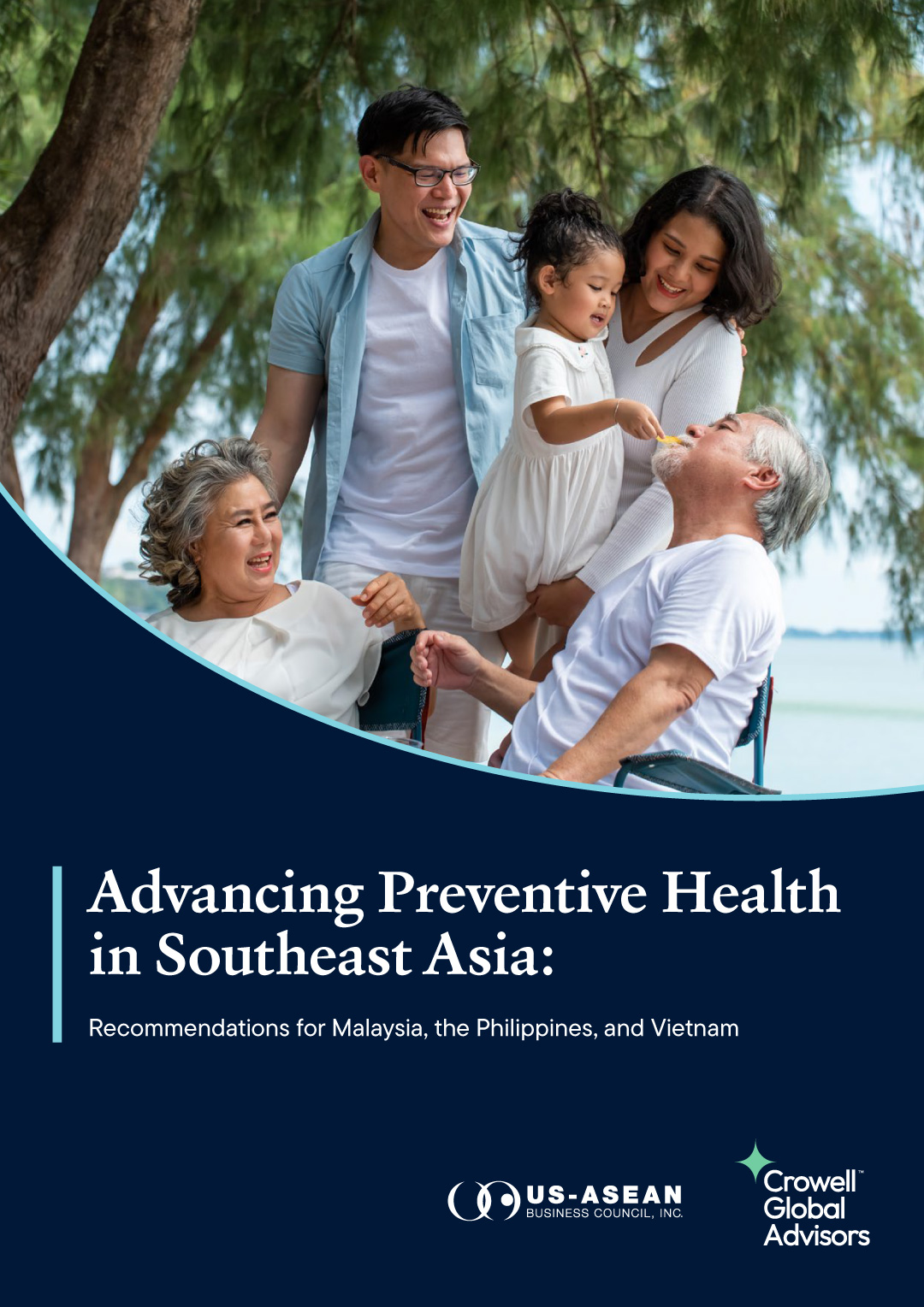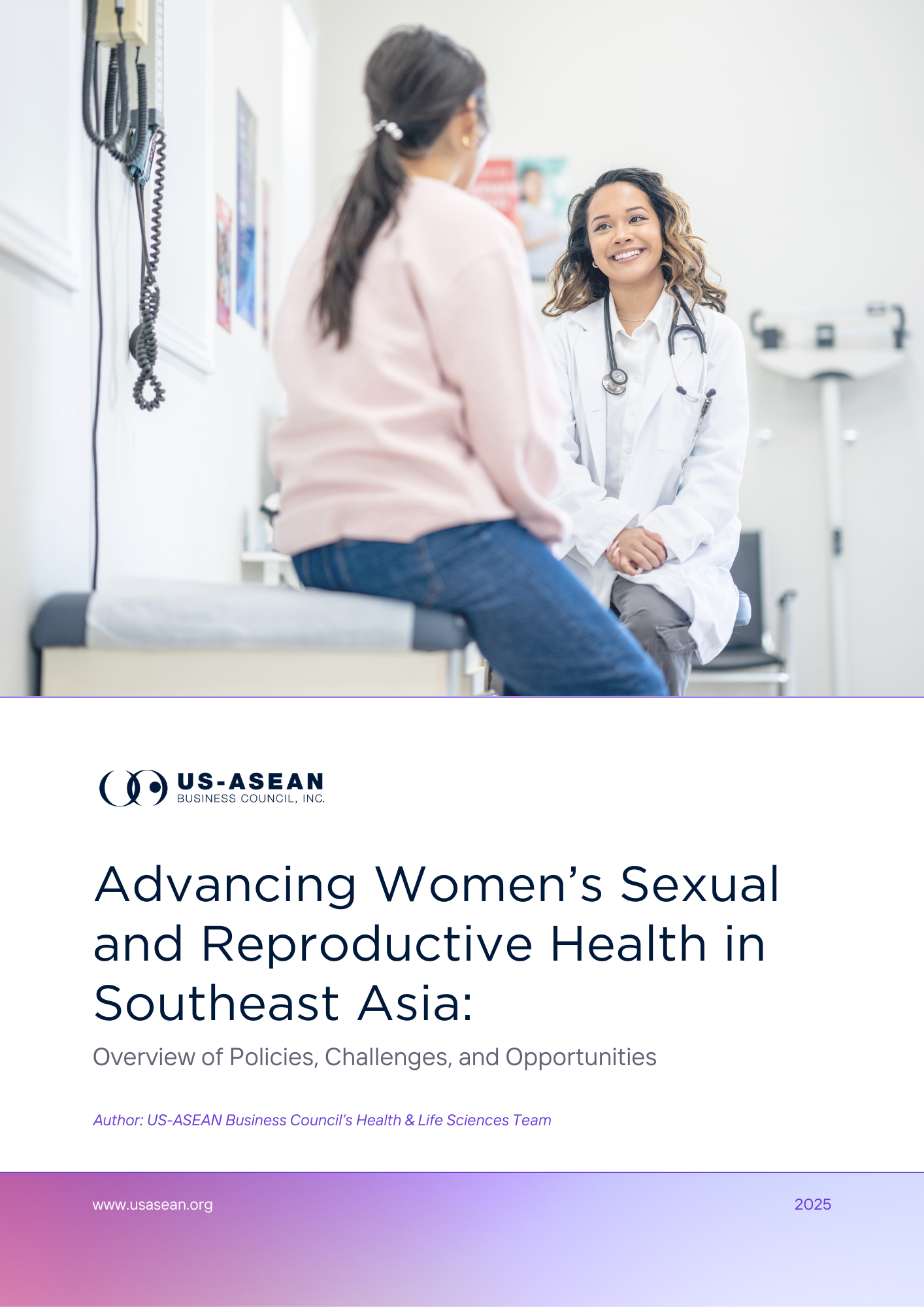Indonesia Legalizes First-trimester Abortions

On July 26, President Joko Widodo of Indonesia ratified Government Regulation (PP) Number 28 of 2024, which introduces important changes to the healthcare landscape, one of which concerns abortion law. The new health law legalizes first-trimester abortions (through 14 weeks of pregnancy) in cases of rape or medical emergencies, as opposed to the previous limit of six weeks gestation. According to Article 122 paragraph 1 of the PP No. 28 of 2024, in the case of a medical emergency, both the woman and her husband must consent to having an abortion. Those receiving abortions as rape victims must obtain a document issued only by the police, where previously they could obtain this from medical professionals or psychologists. This requirement faced backlash from women’s rights activist groups in Indonesia as they claimed it was regressive rather than supportive towards rape victims.
In the world’s most populous Muslim country where abortion is illegal except for cases of rape and medical emergency, there have been accounts of abortion on a regular basis. A study by the Guttmacher Institute in 2018 reported an estimated 1.7 million abortions taking place in Java, Indonesia’s most populous city. This statistic translates to the rate of 43abortions per 1,000 women between the ages of 15 and 49, which was greater than the 2018 global rate of 39 abortions per 1,000. What was alarming about the Java study to health experts is that most women self-managed their abortion using traditional herbal medicine. The United Nations Population Fund reported that Indonesia reached 189maternal deaths per 100,000 live births in 2020. By allowing conditional abortions, the health law seeks to address Indonesia’s high maternal mortality rate (MMR) compared to the other countries in the region.





![Cover-[USABC-Final]-Driving-ASEAN-Unity-Malaysia's-Vision-for-2025](/sites/default/files/2025-07/Cover-%5BUSABC-Final%5D-Driving-ASEAN-Unity-Malaysia%27s-Vision-for-2025.jpg)




